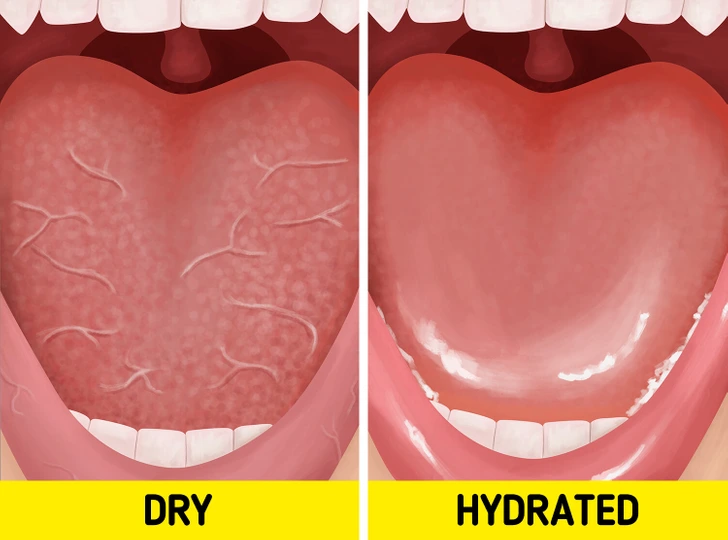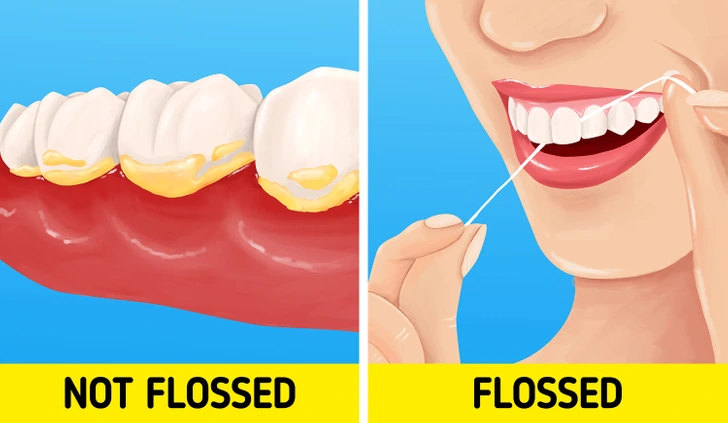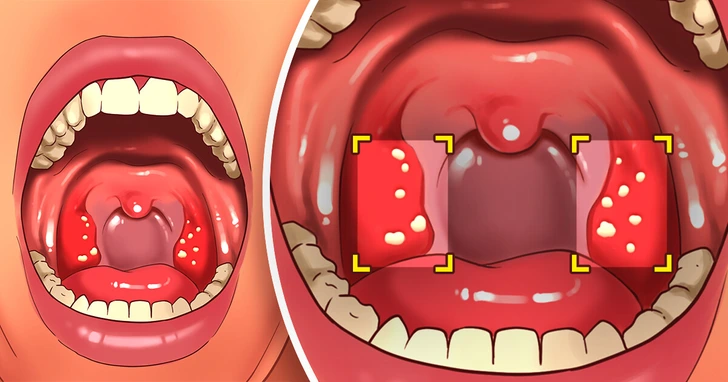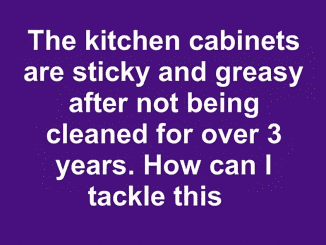Waking up with bad breath is something most of us experience at some point. Whether you’re preparing for an important meeting, a date, or simply heading out for the day, bad breath can dampen your confidence. But don’t worry! With a few simple changes to your daily routine, you can maintain fresh breath, even after a long night’s sleep. Let’s dive into six highly effective ways to keep your breath fresh and inviting.
1. Drink More Water Throughout the Day

Hydration is key when it comes to preventing bad breath. When your mouth is dry, your body produces less saliva, which is crucial in keeping your mouth clean and free from odor-causing bacteria. Drinking water throughout the day helps to keep your mouth moist and assists in washing away leftover food particles.
If you’re dealing with a dry mouth at night, try sipping water before bed or placing a glass of water nearby to drink when you wake up. Sometimes, a dry mouth may be linked to certain medical conditions, so if hydration doesn’t improve your situation, consider visiting your doctor to rule out any underlying issues.
2. Opt for Sugar-Free Gum Instead of Mints
Chewing gum is a quick and effective way to freshen your breath, but it’s important to choose the right kind. While mints may offer a temporary solution, many are packed with sugar, which feeds bacteria in your mouth, causing even more bad breath over time. Instead, go for sugar-free gum.
Chewing gum encourages saliva production, which is the body’s natural defense against plaque acids. This increased saliva flow can wash away food particles and bacteria, leaving your breath fresher for longer. It’s a simple, yet powerful switch that can make a significant difference.
3. Schedule Regular Visits to the Dentist
Regular dental visits play a crucial role in maintaining fresh breath. Poor dental hygiene can lead to the buildup of plaque, which is essentially a film of bacteria coating your teeth. Over time, this plaque hardens into tartar, leading to gum disease or periodontitis, both of which are major causes of chronic bad breath.
Only your dentist can properly remove tartar buildup, so make sure you’re visiting the dentist at least twice a year for professional cleanings. If you notice persistent bad breath, it might be a sign of an underlying dental issue like periodontitis, which requires immediate attention.
4. Step Up Your Oral Hygiene Routine

We all know brushing and flossing are essential, but are you doing it effectively? Poor oral hygiene remains the top culprit behind bad breath. Your mouth is a breeding ground for bacteria, and when food particles are left behind, they start to break down, producing unpleasant odors.
Make sure you’re brushing your teeth at least twice a day with fluoride toothpaste. However, brushing alone only removes about 60% of the bacteria in your mouth. That’s why flossing and tongue scraping are equally important. Your tongue, especially, can harbor bacteria, so use a tongue cleaner or brush it gently with your toothbrush. Before bed, consider rinsing with an alcohol-free mouthwash to keep bacteria in check overnight.
5. Adjust Your Diet for Fresher Breath
Your diet has a direct impact on your breath. Foods like garlic, onions, and coffee may taste great, but they leave behind strong, lingering odors. When you digest these foods, their oils are absorbed into your bloodstream and can make their way to your lungs, leading to bad breath for up to 72 hours after consumption.
If you’re serious about combating bad breath, try reducing your intake of these foods. Additionally, if you’re on a low-carb or fasting diet, the production of ketones—compounds with a strong odor—can lead to bad breath. In this case, it’s worth consulting with a doctor or nutritionist to find a balance that works for you. Increasing healthy fats like avocados, nuts, and olive oil can help.
6. Get Rid of Tonsil Stones

Tonsil stones are small, hard formations of bacteria and debris that get trapped in the crevices of your tonsils. While they aren’t typically harmful, they can cause bad breath. These stones often go unnoticed until they become larger or start causing discomfort.
The good news is, there are simple ways to prevent them. Regularly using mouthwash and flossing can help reduce the bacteria that contribute to their formation. If you do notice tonsil stones becoming a regular issue, you may need to consult with an ENT specialist to explore options for removal or prevention.
Conclusion
Maintaining fresh breath is about more than just brushing your teeth. It requires a comprehensive approach that includes proper hydration, regular dentist visits, good oral hygiene, a balanced diet, and even taking care of less obvious factors like tonsil stones. By incorporating these six strategies into your daily routine, you can wake up with fresher breath and tackle the day with confidence. Make these small changes, and you’ll soon notice a big difference in your breath—even after a long night’s sleep!


